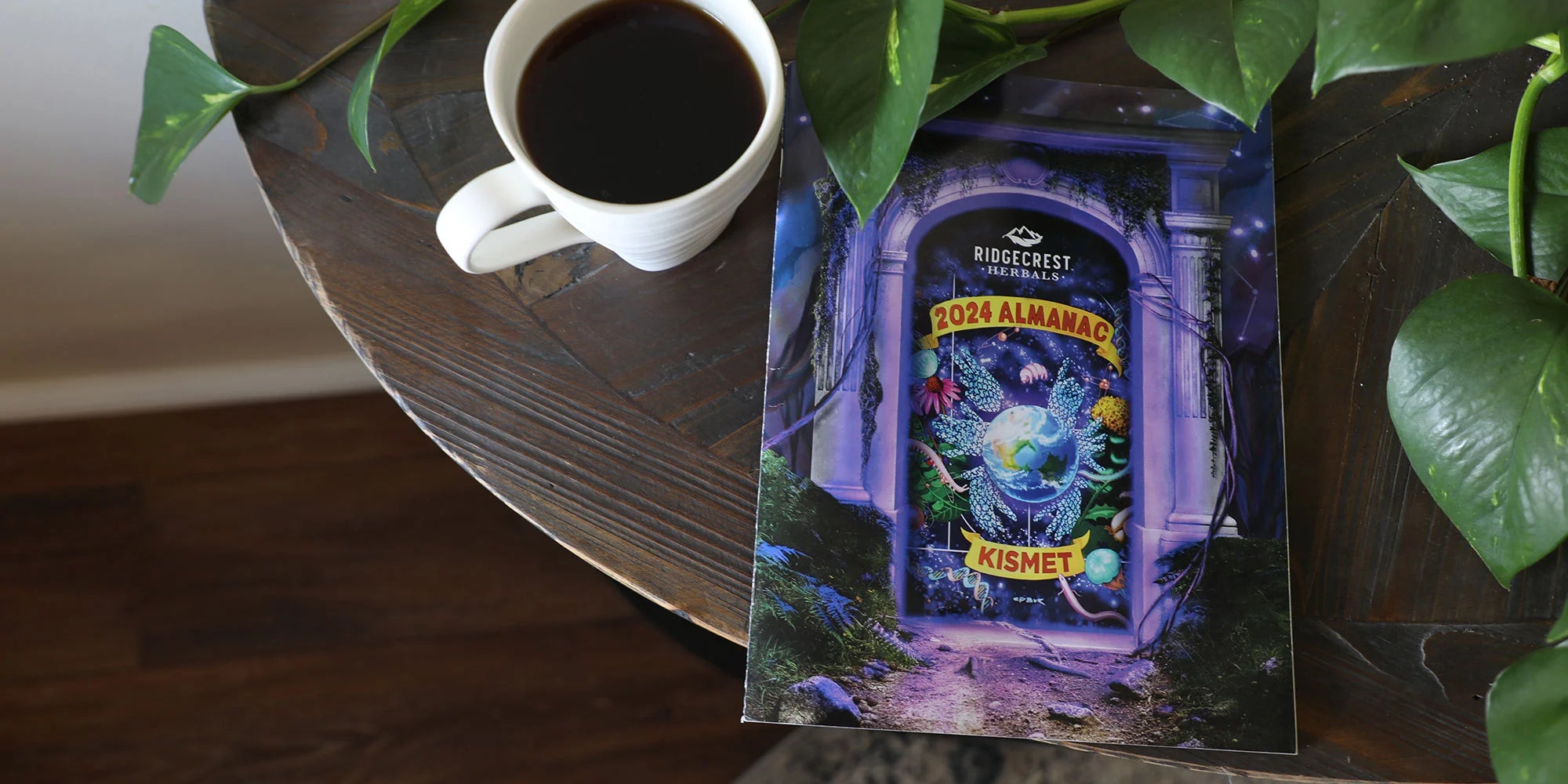I grew up in a time when housewives everywhere were saying, “better living through chemistry!” The ‘80s and ‘90s were a golden age of chemicals in our food and household cleaning products, and we all thought that was a great idea... until it started giving us all respiratory problems, skin allergies, and cancer. Now there is a massive movement toward less harsh alternatives, but that presents a new problem – what products can we use that have less harmful chemicals, but still ACTUALLY get the house clean? I've been trying to answer this question in my own home, and these have been the most successful methods I have found:
Steam: I invested in a good home steam cleaner with a bunch of different hand attachments last year, and it has been one of the best home purchases I've ever made. Steam cleaners take distilled water, and superheat it into a powerful jet of steam that kills bacteria on contact, loosens grime, and blasts hard water, while excess water wipes away easily with a cloth. Because of all of the different attachments that came with my cleaner, I can mop my floors, squeegee my windows, pull stains out of my carpets, sofas, mattresses, and blast stuff out of my shower door and window tracks that used to be impossible to get at. I even squeegee my windows and wash my walls with this thing.
Vinegar: I swapped out my bathroom cleaning products for good old cleaning-grade vinegar and haven't looked back. I buy gallons of it at the grocery store on the cleaning aisle. I keep some in a spray bottle undiluted for things like cleaning my stainless steel fridge faucets and fixtures, I scrub down my showers and toilets with it, I use it in my laundry to deal with smelly towels, and for tough messes on my stovetop. There are a million articles on ways to use vinegar for cleaning, so this one is definitely worth a google search to give you lots of ideas.
Isopropyl alcohol: That's right, like the kind you keep in a first aid kit to sterilize things. While the CDC no longer considers alcohols to be “high-level” disinfectants because they cannot inactivate hydrophilic viruses (i.e., poliovirus, coxsackievirus), isopropyl alcohol still kills all of the other harmful bacterias and germs, so I always keep it on hand. Instead of spraying my counters down with a cleaner with 50 unpronounceable chemicals in it, I just wipe them down with a hot, wet sponge and then go over them with a spray of alcohol and a rag. Did you know that 91% isopropyl alcohol and a cloth will pull pine tree sap off of your car without damaging your paint or windows? It's also great at cutting through baked on grease on stoves. Awesome!
Melamine sponges: You've seen them marketed as “magic erasers.” These white sponges are actually a high-density foam made up of formaldehyde-melamine-sodium bisulfite copolymer. The word formaldehyde usually does strike humans as toxic, but when you mix different chemicals the resulting compound is more than just a sum of its parts, and the new chemical has different properties than its components. These are my go-to if steam, vinegar, or bleach won't get rid of my stain or problem spot. These sponges work like mini sandpaper at scrubbing off everything from grease on barbecues and stoves, to crayon on walls, to the permanent marker on countertops. They're also GREAT at taking hard water deposits off shower doors and for cleaning the plastic components and leather seats in your car. While there is the bummer of adding bulk to landfills when you throw them away, it's an option for when all else fails.
These are just a few methods that you can start trying in your own home to get away from harmful chemicals in your daily life, and there are many more solutions online. I wish you luck in your quest to clean....cleaner!



